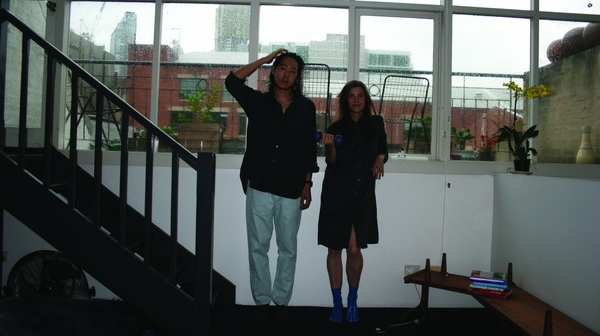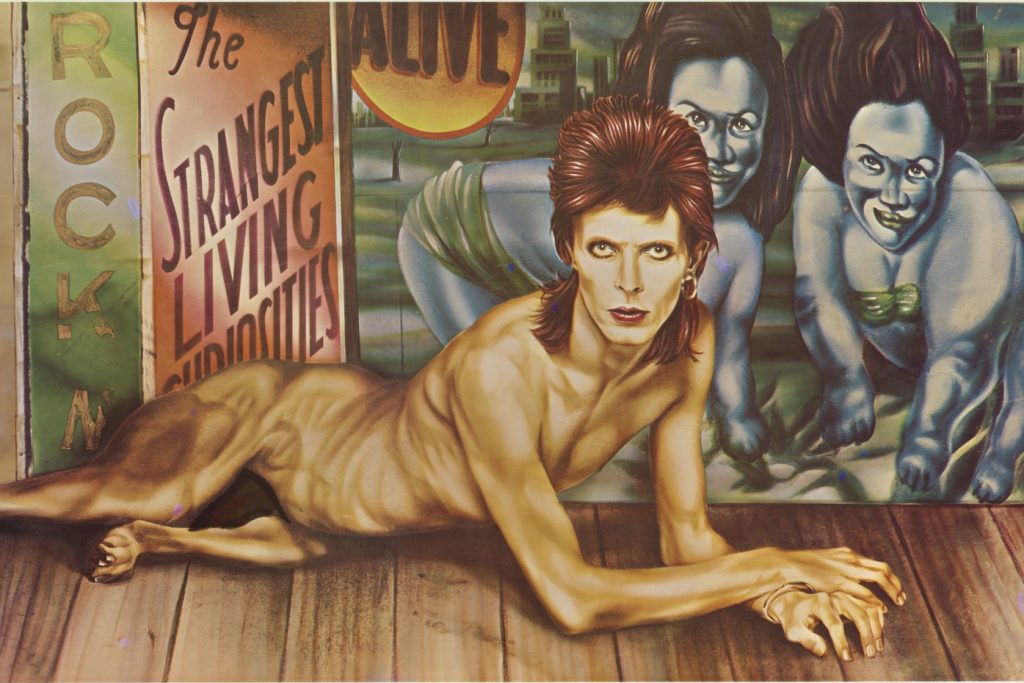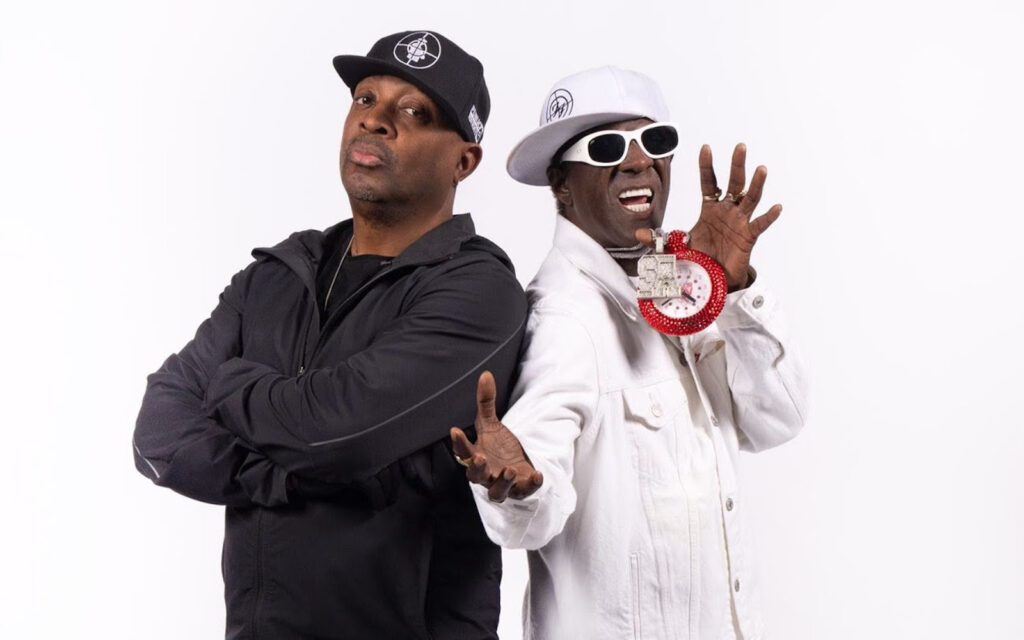“Nigel and I like to sit with our music for maybe longer than most people,” Standish says. “It’s amazing what happens after several months. The song that was your favourite can soon start to grate on your nerves or the song that you weren’t sure where to take it, several months later you realise it’s perfect exactly how it is.”
HTRK formed in Melbourne in 2003 and next week they’ll unveil their third LP, Psychic 9-5 Club. The album is the band’s first to be constructed without founding bassplayer Sean Stewart, who tragically committed suicide in 2010. Psychic 9-5 Club isn’t a drastic departure from its 2011 predecessor – the hypnotic and sometimes noisy Work (Work, Work) – but many of the tracks possess warmth and immediacy not previously emphasised.
“The direction Psychic 9-5 Club has gone is probably how we were wanting Work to go,” explains Standish. “It was really important that Sean played on [Work (Work, Work)]. We were three quarters of the way through when he died and we were left with a lot of demos, a lot of mp3s, so the whole album became quite murky and lo-fi. The idea for that album was that it was going to have more clarity. We were looking at the producer of [Roxy Music’s] Avalon and the engineers for albums like that; [albums] that had leaner qualities and higher production values and a pop radio aesthetic.”
In 2012 Standish and Yang travelled to New Mexico to record an EP with Nathan Corbin; a member of New York experimental noise outfit Excepter. However, the collaborative synergy established with Corbin meant producing an entire album soon became imperative. “There’s something about the energy of three people compared to two,” Standish says. “It’s kind of magical with three. It’s hard to fit in with me and Nigel because we’ve got ten years of making music in a bubble together. It’s really hard for someone else to enter that space. Nathan’s perfect because he’s like a spiritual cat. You know how cats know when to approach you or when to back off a bit? He’s a bit like that.”
Given that HTRK has successfully stood apart from prevalent contemporary trends since day one, it’s rather unexpected to hear Standish note a pop influence. Rest assured, there’s no commercial agenda behind Psychic 9-5 Club, but it does sound altogether brighter.
“Once you realise that there’s no career in music and that that’s all a mirage,” she says, “it’s so fantastic because you can really just get on with the pleasure in music. Every band’s got all the same stories of tragedy and near misses and near fame and it’s so fantastic when you can actually just step back from that and make music at your own pace. That can be really fast or it can be really slow – it just doesn’t matter.”
Refraining from making hasty decisions certainly yields creative rewards on Psychic 9-5 Club. It’s not quite a buoyant record, but it makes for a meditative and imaginatively involving listening experience. This aligns with the album title’s conceptual basis.
“Towards the end of the album we had this space in mind, the kind of club that this music would exist or be played [in]. We were talking about great new dance music scenes [that] come out of new street drugs and that hasn’t happened for a while. We envisioned a place that if there wasn’t any drugs but you could get to a higher consciousness, what music would be in that club?”
BY AUGUSTUS WELBY







